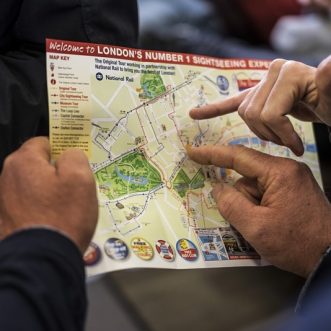January 18, 2021
Often, when we think about delegation, we’re thinking about merely handing over execution to someone else. We’ve already worked out what needs to be done, all they have to do is reproduce that. This somewhat mechanical form of delegation works well for really simple and generic tasks such as answering the phone, booking meetings, or filling in forms, or even for generic functions such as preparing annual accounts, fulfilment, distribution, even marketing.
But for what really weighs down a business owner, delegating execution doesn’t help much.
I remember my mum telling me, when as a child I offered to go shopping for her “The shopping is the least of my worries – I still have to think about what we’re going to eat, plan the meals, and write out the list. That’s the hard bit.”
What we really want to be delegating is the thinking, the decision making – in other words, the management. And that’s hard, because it means giving up power, entrusting business outcomes to other people. It means devolution.
But devolution is what really pays off. If my siblings and I had all taken turns to ‘manage’ the household, or taken responsibility for different parts of it, I’m sure that our family horizons and opportunities would have been broadened. 9 heads – even childish ones – are always better than 1.
The good news is that as business owners we have an advantage over mum, in that we’re dealing with adults we’ve selected for shared values, principles and beliefs. Who will welcome the ability to step up and lead.
Especially if given a score to follow while they (and you) get used to the idea.









